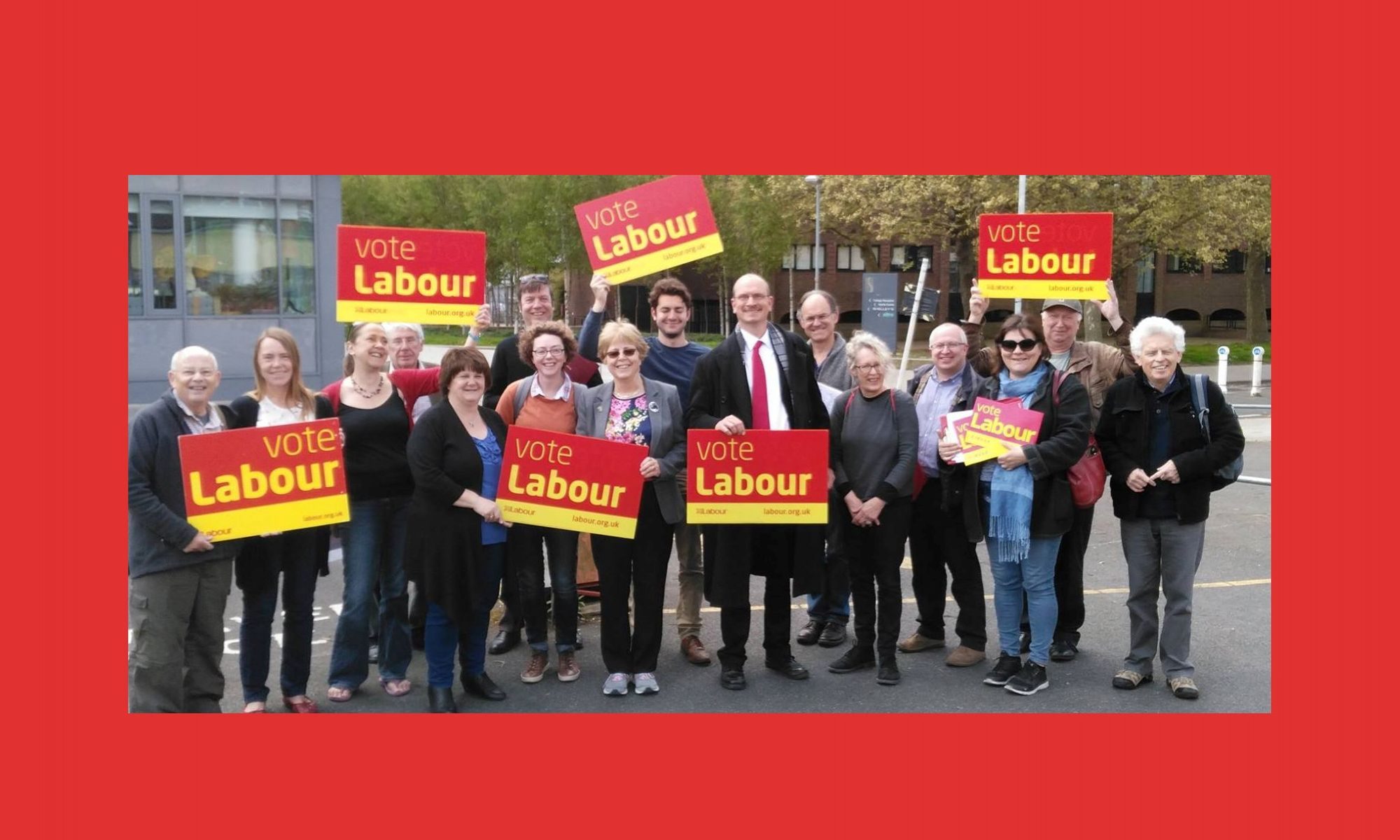At the Conservative Party Conference, the Prime Minister claimed that “Austerity” was over. If this were true, it would certainly be something to celebrate, but austerity is not just a name which can be used or discarded at the Government’s whim. It is a real life situation which is holding back millions of people and the whole economy of our country.
After eight years of Tory austerity, child poverty has increased, homelessness has doubled, public services have been slashed, over a million elderly people aren’t getting the care they need, and wages have stagnated.
School budgets are seeing cuts for the first time in 20 years. Over 400,000 primary school children are in oversized classes and there are over 24,000 unqualified teachers working in state schools. It is no good Theresa May or any other Conservative minister claiming that there is a record amount of money going into our schools – in real terms, per pupil, it is significantly less, and the Tories have been severely criticised by the UK Statistics Authority for trying to claim otherwise.
21,000 Police officers have been cut across the UK since 2010, and Suffolk now has the second lowest-funded police force per head in the country. And it’s not just the actual officers – the hard-working staff who handle public calls, take care of items of evidence, and a hundred and one other vital roles in a modern police force, have been slashed even more, and continue to be slashed. Is it any surprise that we have seen the highest recorded crime rises in a decade?
The National Health Service as a whole is billions of pounds short of what it needs to provide the best possible health care to our citizens. The shortage is particularly acute in mental health – the Norfolk & Suffolk mental health trust had its income cut in real terms every single year from 2012 to 2017. The beds we need in Ipswich have finally been re-opened, but there is still not enough fast, effective counselling and other help that people need to prevent them from reaching the point where they need to go to hospital. There are tragic consequences – the number of teenage suicides in England and Wales increased by 67 per cent between 2010 and 2017. The Government say they are taking this seriously, but they only intend to fund mental health support teams to cover one fifth of the UK’s schools by 2023.
Perhaps most damaging of all, local councils have had their funding virtually halved since the Conservatives took control of the country in 2010, and they are planning to cut them by another £1,300,000,000 next year. If there was any truth whatever in Theresa May’s assertion that austerity is ending, then councils would have more money to spend next year, not less. Council spending helps prevent costs elsewhere – better housed families are healthier and more likely to be in employment, better supported elderly people cost the NHS less, better maintained roads mean a more productive economy.
This goes to the heart of why “austerity” was such a bad idea, and why we do genuinely need to end it, not just talk about ending it like the Conservative Government. Because if you starve public services of the funds they need to prevent greater harm, you end up having to cope with that greater harm. Why spend loads of money on new prisons, while cutting the probation service that could have prevented so many of the prisoners from re-offending in the first place? Why close down children’s centres which could have provided help and advice for vulnerable parents and then spend many times as much on social care because some families couldn’t cope?
And it’s not just public services where austerity has hit hard. Low-paid working people in this country are still worse off than they were before 2010. We need to raise the minimum wage as a matter of urgency. If people are in full-time employment it is outrageous that they should still have to rely on benefits to make ends meet – if they could earn a proper salary for their work we wouldn’t need to subsidise bad employers out of tax-payers’ money.
The Autumn Budget statement will be on Monday 29 October. Labour MPs will be drawing up some of the measures we think should be in it, which really would bring an end to austerity. In my column next week I will lay out what Labour’s message will be.
